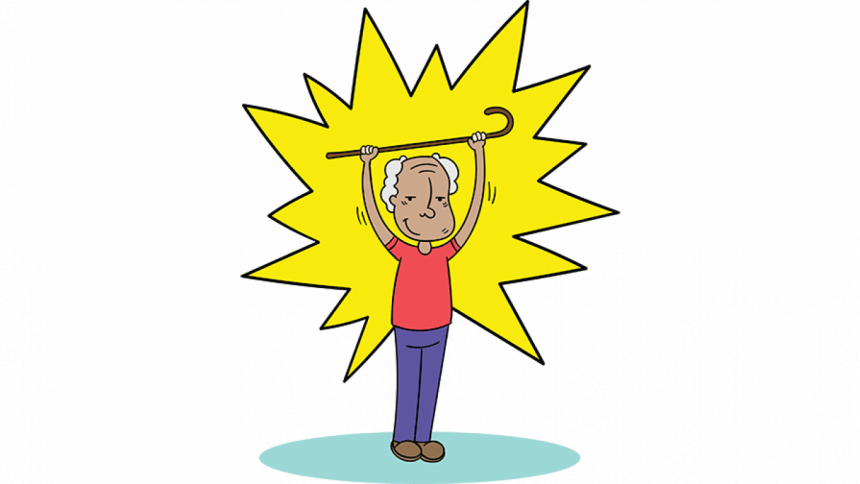3 greatest career musts as we grow older

If you're in your 30's, you are probably giving as much thought to retirement as you would to the colour combo on the rickshaw you are riding to work. But it is never too early to start thinking about three things in preparation for that day you quit.
1. First thing: you don't quit, not really
Keep busy. I have seen the effect of this practice versus never being practised. My paternal grandfather was a busy, active man till he passed away at a ripe old age. He looked after a sprawling business, a lot of land, and many children. He never gave up on maintaining his work, always seeming busy making calculations to save and utilise a penny. I have seen this exemplified by many active senior people. And then there are those who have given up. A person is like a machine, stop using it and parts start to gum up. This is not to say you keep working your nine-to-five till the end of days. Far from it. But do something that matters to you.
Read more: How to plan for an active retirement.
2. Invest in a hobby
Harrison Ford was a carpenter. After American Graffiti, Ford wanted to settle for the steady income of carpentry. Star Wars called and he became a superstar. But he never gave up on working with his hands.
You don't have to aim at carpentry after you retire. You could though. A hobby often pays off far bigger interests than just a potential career opportunity. It keeps your mind active, the one greatest tool you need to keep working at full capacity. Once again, if you don't use it regularly, it will break down.
Video games keep the brain active. In an article on Wired, neuroscientist Adam Gazzaley and colleagues at the University of California, San Francisco, talk about how their research found gaming rejuvenated elderly brains. Retirement isn't about sitting and staring at a beach. Well, for a few minutes maybe.
3. Diversify your skills
Expand your field of interest. If you write great fiction, try gaining experience in the field of script writing or editing. If you paint, learn a graphics software. Interested in running? Practice tai chi and become a nutritionist.
Walt Disney started as a newspaper editor. He was fired for a 'lacking imagination'. He seems to have had too great an imagination. Perhaps it held him back as a news editor who is often required to be coldly factual. He realised his skill could be transferred elsewhere.
The brain is the main tool you should be honing till it's time to call quits. One last time, use it or lose it.
The writer is Editor of the career, tech and automobile publications of The Daily Star. He is also an entrepreneur of a baby clothing business and previously worked in advertising as a Senior Copywriter

 For all latest news, follow The Daily Star's Google News channel.
For all latest news, follow The Daily Star's Google News channel. 



Comments